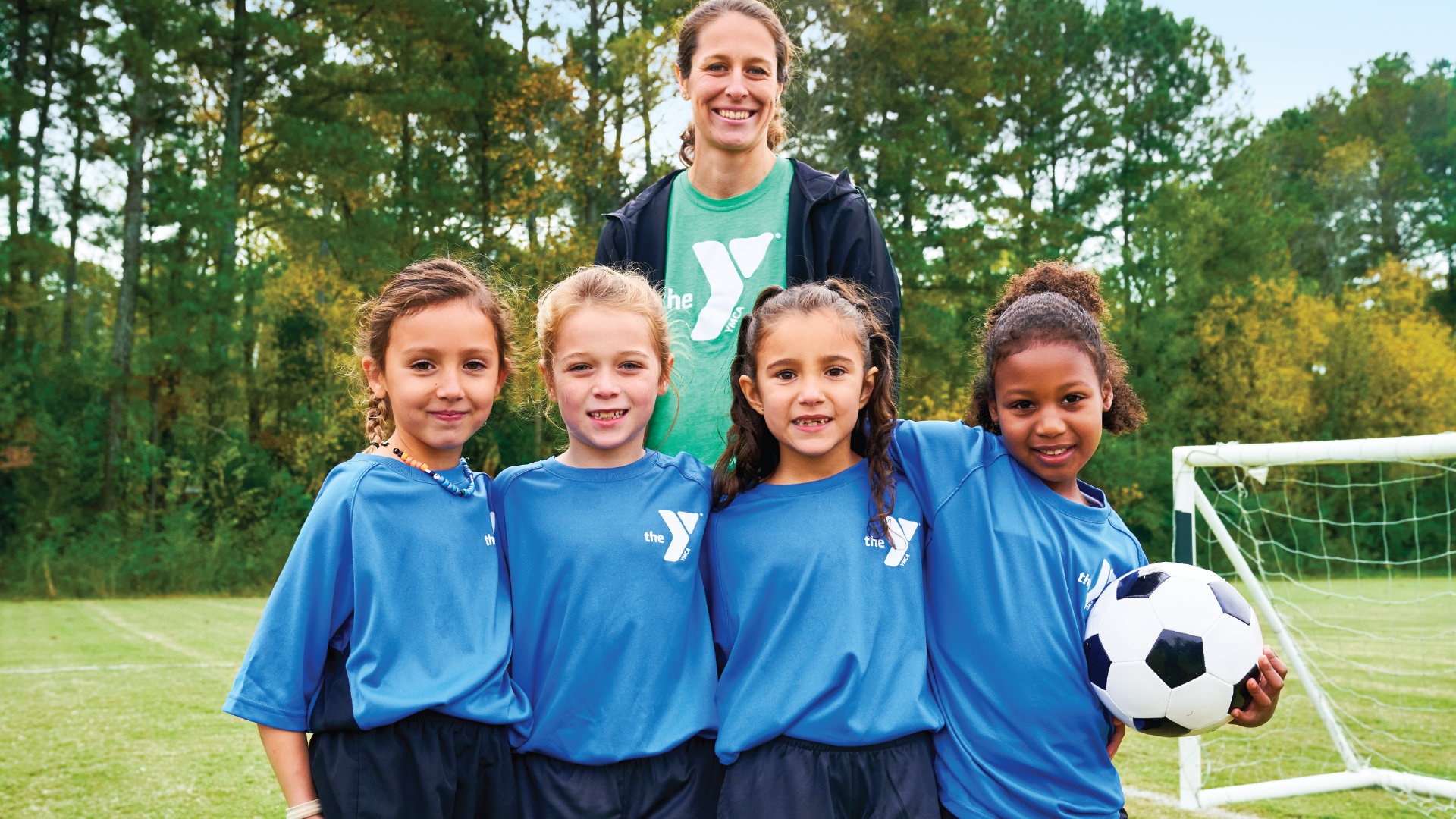
Most families know how important it is for their kids to eat a healthy and balanced diet. Nutrition for athletes warrants additional concerns about nutrition and dietary needs. Kids participating in sports need to eat enough of the right foods to stay energized. Plus, an athletic meal plan needs to include adequate hydration to help kids perform at their best. Keep reading to learn more about nutrition for young athletes.
Importance of Young Athlete Nutrition
Feeding the athlete in your home requires knowledge and planning. Since athletes are participating in strenuous endurance sports for multiple hours, they must eat more food to keep up with energy demands. Paired with their growth and maturation, they need the right meals before and after practice or game day to sustain their growth and meet energy and fluid requirements.
When athletic kids get all the nutrients they need, their bodies will create new muscle tissue, enzymes and cellular structures. Nutrients will repair damage from training and keep all muscles, bones, joints and organs functioning properly. This can reduce the risk of injury and disease while also making kids stronger.
How to Create an Athletic Meal Plan
An athletic meal plan requires a variety of different foods, vitamins and minerals, including:
- Carbohydrates: Whole grains, vegetables, fruits, milk and yogurt provide glucose that turns into energy.
- Protein: Lean meats and poultry, fish, eggs, dairy products and plant-based protein build and repair muscle. Protein also maintains glucose while exercising for long periods of time.
- Fats: Good fats from lean meat and poultry, fish, nuts, seeds, dairy products and olive and canola oil help the body soak up vitamins and protect organs.
- Calcium: Certain dairy products, greens and fortified grain products have calcium that builds strong bones and prevents breaking and stress fractures.
- Vitamin D: Fortified foods with vitamin D, such as milk, help the body absorb calcium.
- Iron: Eggs, leafy green vegetables, whole grains and lean meat all contain iron that carries oxygen to various parts of the body. Iron also aids in healthy growth and can increase amounts of blood and muscle.
Nutrition for kids must include plenty of fluids to prevent dehydration and maintain a healthy body temperature. Make sure your young athletes drink plenty of water before, during and after exercise. Healthy snacks can also keep kids energized during the day. It's best to eat a full meal at least three hours before an event, then have a snack or a liquid meal one to two hours beforehand.
Nutritional for Junior Athletes Podcast
Check out our YMCA Nutrition Series: Healthy For Life podcasts! In the latest podcast, Nutrition for Junior Athletes, YMCA Registered Dietitian Marie Gorski explores the specific nutrition needs for junior athletes. Marie is joined by Michael Walker from the Downtown St. Louis YMCA at the MX who also discusses training needs for youth.
Learn More at the Gateway Region YMCA
At the Gateway Region YMCA, we offer a full range of health and wellness services for all ages and ability levels. We're also more than a gym — we're a cause that offers teen programs, community gathering areas and much more. What are some ways you can connect and improve your health as a family?
- Participate in a YMCA Youth Sports program.
- Get gardening at a YMCA Community Garden.
- Take a YMCA Nutrition Class as a family.
- Participate in a cooking class at a YMCA Community Kitchen.
Learn more about nutrition for kids at the Y. Contact us online with any questions or stop by a YMCA near you today.